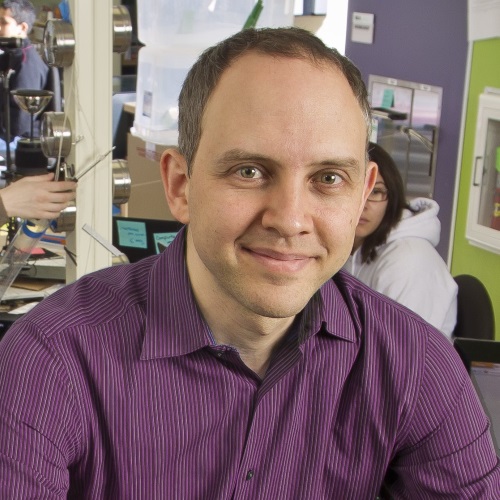Professor Paulo Blikstein has been teaching three main courses at Stanford since 2009. The courses vary sometimes slightly from year to year, and sometimes significantly, incorporating new tools or ideas. These are the courses:
Teaching
Beyond Bits and Atoms: Designing Technological Tools for Learning
The course is a hands-on immersion on creating technologies for education using digital fabrication equipment. Students learn how to use software toolkits and state-of-the-art fabrication machines (3D printers, 3D scanners, laser cutters, routers) to design educational toolkits and software, educational toys, science kits, tangible user interfaces, technology-enabled curricula, and hands-on learning environments. Students will also explore theoretical and design frameworks from the constructionist learning perspective, critical pedagogy, and interaction design for children.
This class has a lecture component in the morning (typically Thursdays 9-12pm), and a lab component on the same day from 3-6pm. Students are expected to enroll for both the lab and lecture parts.
Learning Analytics and Computational Modeling in Education and Cognitive Science
Traditional analytical techniques are insufficient to investigate and predict complex dynamic social phenomena such as classroom and online interactions, diffusion of innovation, opinion dynamics, and other complex adaptive systems. Data mining, machine learning, and computational modeling are dramatically changing the ways scholars conduct research in these fields. Collecting, modeling, and analyzing data from social networks, massive online open courses, and online games would be unfeasible without computational tools. In this course, students learn about how agent-based modeling, network theory, and basic learning analytics/data-mining can support novel research in the learning, cognitive and social sciences, with a particular focus on issues of learning (online and offline), cognitive development, and educational policy. Students have an immersive, hands-on experience in creating computer models and data analysis frameworks, preferably with their own data or research questions.
Topics in Brazilian Education: Innovation and Public Policy for the 21st Century
Based on talks by guest speakers, lectures by Stanford faculty, weekly readings, and discussions on a variety of issues around Brazilian education, this seminar aims to provide students from different backgrounds an opportunity to learn about the main issues in Brazil’s public education system, and think of new ideas to innovate either government action, social activism, non-profit organizations, startups, or established businesses.
